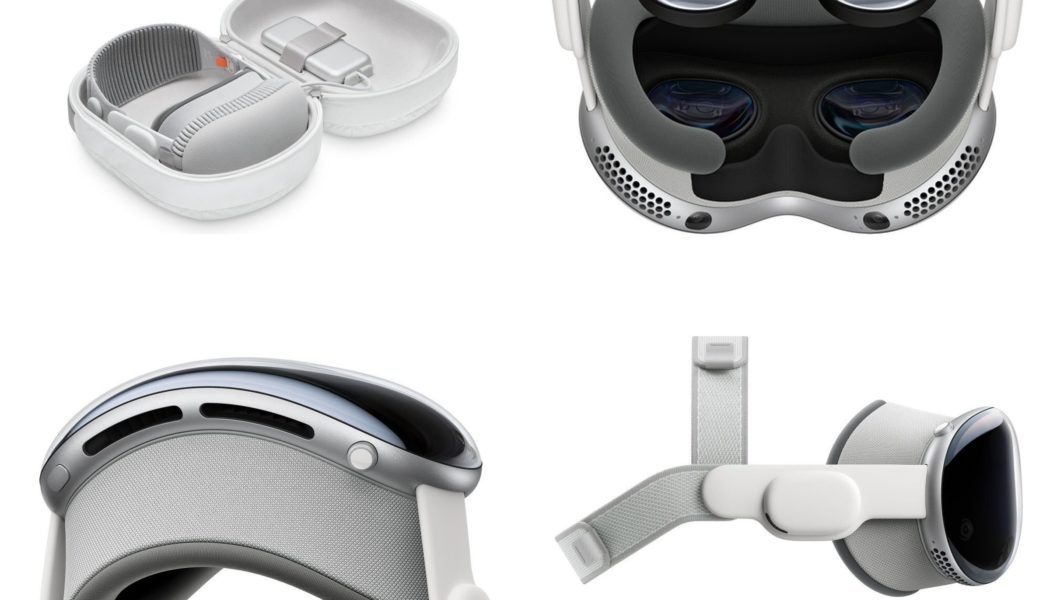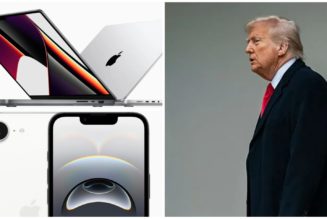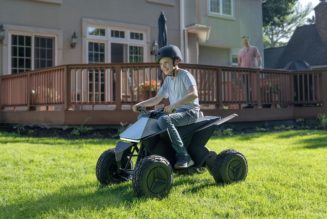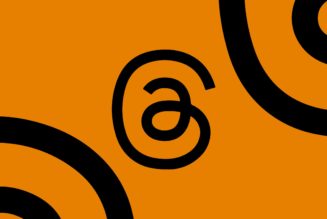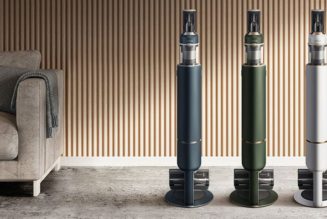Adding Apple Care, a travel case, extra batteries, and light seals to fit additional users will set you back a pretty penny on top of the $3,499 Vision Pro.
Share this story
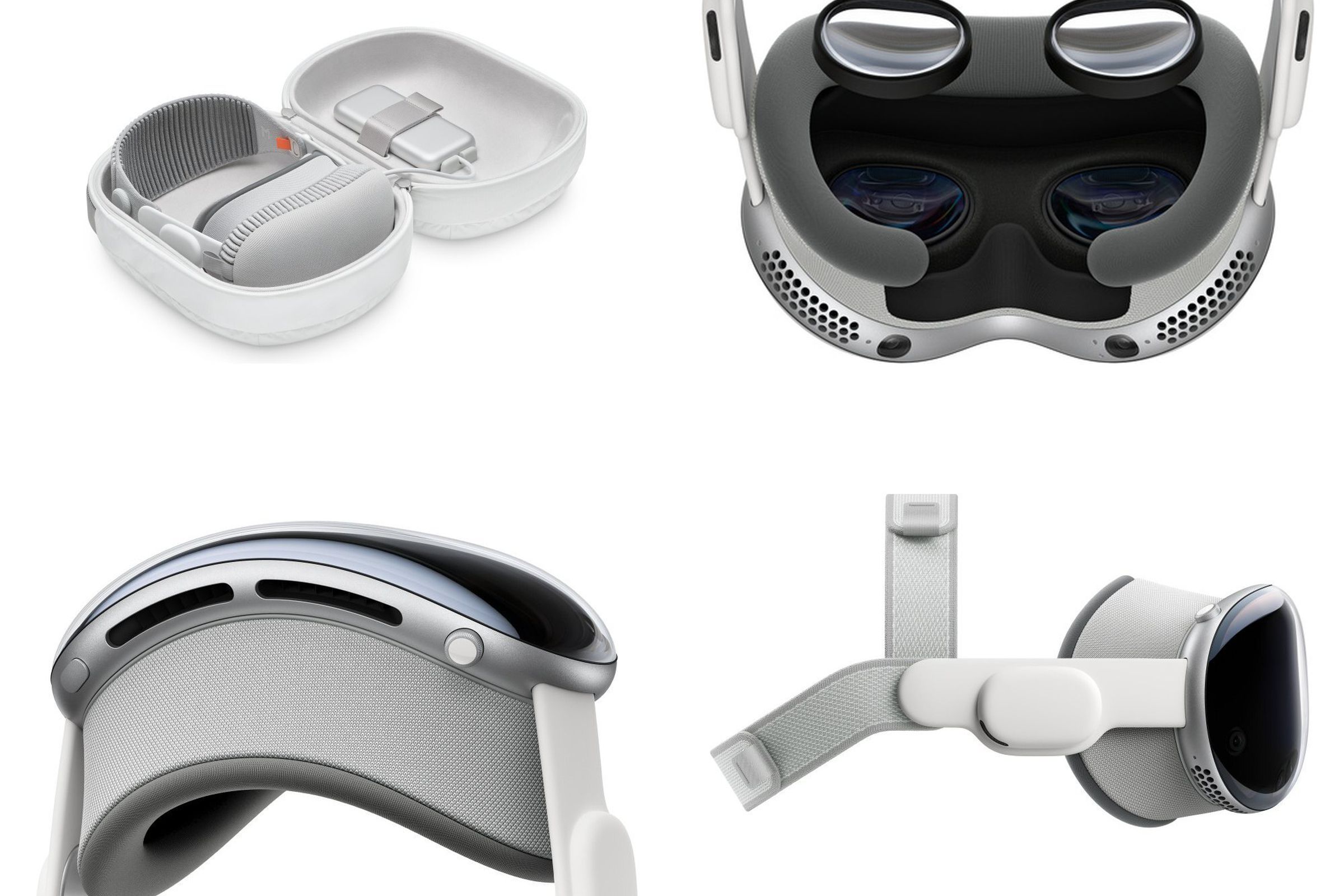
Now that Apple Vision Pro preorders are open, there’s a lot more we know about how much accessories will cost, configurations, and other details. And as you might expect, fully kitting out a Vision Pro will make quite the dent in your wallet.
For starters, the base model of the Vision Pro with 256GB of storage starts at $3,499. Getting 512GB bumps up the cost to $3,699, and 1TB will cost $3,899. All that moola will get you the Apple Vision Pro headset with a light seal, a light seal cushion, and a solo knit band. Also in the box are a dual loop band, a cover, a battery, an extra light seal cushion, Apple’s polishing cloth, and a 30W USB-C power adaptor and charging cable.
However, if you want to add Apple Care Plus, that’ll be an extra $499. (You should know that the deductible for Vision Pro coverage is also another $300.) Meanwhile, Apple also offers a bunch of accessories. Here’s a breakdown:
Your total cost will, of course, depend on how many extras you buy. However, if you plan on using the Vision Pro with another person, you may need to shell out for extra light seals, cushions, head straps, and Zeiss optical inserts, as everyone needs their own fit.
Speaking of fit, going through the preorder process involves doing a Face ID scan on your phone or iPad to estimate your fit. You’ll also have to fill out a questionnaire about your vision and the types of corrective lenses you wear to determine what sort of Zeiss inserts you’ll need.
As for the range of prescriptions supported, that’s a bit murkier. So far, Apple’s support page says that Zeiss inserts are “available for the vast majority of corrections, including for customers who normally use progressive or bifocal lenses.” However, hard contact lenses are not supported and neither are prescriptions that have prism values, which are often added to address issues like double vision. The support page also notes that people with some medical conditions, like drooping eyelids, changes in eye alignment (i.e., strabismus or amblyopia), or uncontrolled eye movements, may have difficulties using the Vision Pro’s eye tracking. For those folks, the support page says there will be accessibility features that allow you to use other parts of your body to navigate the device.
As of this writing, initial availability for the base model is already sold out through late February or early March in some areas. That’s something, given that Apple says in a guided tour on the site that the best thing to do is get an in-person demo at an Apple Store. That said, the guided tour is similar to the demo I got in person earlier this week — albeit, you won’t get a sense of how the Pro’s roughly 21.2–22.9 ounces will feel on your head or what the screens actually look like.
